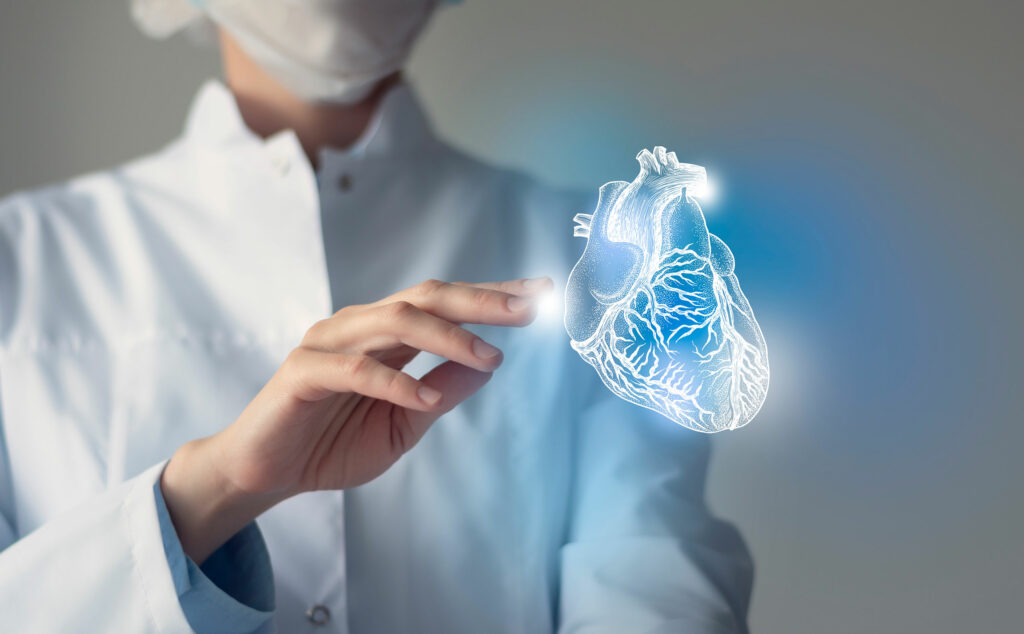When we talk about a heart attack or myocardial infarction, we are referring to a moment in which the flow of blood that carries oxygen to the heart is suddenly blocked. Being an extremely dangerous and fatal situation, it is advisable to know the different heart attack symptoms to act correctly.
Know the causes of heart disease
Generally, heart attacks are due to obstruction resulting from a buildup of substances in the coronary arteries such as fat or cholesterol.
Although they are also usually caused by a combination of risk factors that include diets high in saturated fats, physical inactivity, high blood pressure, diabetes, family history, hyperlipidemia, smoking, and excessive alcohol consumption.
All of this can be checked by a doctor in the cardiovascular center through heart tests.
Symptoms of a heart attack
The symptoms of a heart attack can vary and be different for each person, especially if you are a man or a woman, but some occur more frequently, such as:
- Chest pain (feels like pressure or pain).
- Pain in some parts of the body such as the shoulders, arms, back, neck, jaw, or teeth.
- Shortness of breath.
- Fatigue or tiredness.
- Indigestion or heartburn.
- Sudden dizziness.
- Nausea.
- Cold sweat.
Women may also have:
- Shooting or brief pain in the neck, arm, or back.
- Nausea, vomiting, and indigestion.
How to treat the heart?
Myocardial infarction is the leading cause of death in men and women worldwide because it is such a delicate situation that once the person begins to have symptoms it is vitally important that they be taken to a hospital or cardiovascular center for proper attention.
Generally, before the diagnosis is confirmed, one or more of these treatments can be given:
- Oxygen.
- Aspirin to prevent blood clots.
- Nitroglycerin to decrease the heart’s work.
Once a heart attack has been confirmed there are different treatments including:
- Antiplatelet agents. It prevents platelets from sticking together and forming clots.
- Anticoagulants. It makes the blood less thick and prevents the formation of more clots in the arteries.
- Beta blockers. It helps slow down the heart’s work and prevent other attacks in the immediate future.
- Angiotensin-converting enzyme inhibitors. Decreases the heart’s effort and lowers blood pressure.
- Thrombolytics. They dissolve clots that block the coronary arteries.
Learn how to avoid a heart attack
Regardless of the risk you are to suffer from a heart attack, if you modify your risk factors your chances of this happening will begin to decrease.
Among the ways to prevent this situation is:
- Control other diseases such as diabetes or high blood pressure.
- Lower your stress levels.
- If you need medications in your daily life, take them according to your doctor’s instructions.
- Achieve and maintain a healthy weight with a healthy diet.
- Do not smoke.
- Exercise regularly.
At ABC Medical Center’s Cardiovascular Center, you will be able to learn more about heart attack symptoms, we can provide you with specialized care. Contact us!
Fuente:
https://www.mayoclinic.org/es/diseases-conditions/heart-attack/symptoms-causes/syc-20373106
https://www.nhlbi.nih.gov/es/salud/ataque-cardiaco


